I thought I’d update you on the status of my ninth novel, due in bookstores in August 2023 with McClelland & Stewart (as always). I submitted the manuscript to my editor a few weeks ago and will soon receive his comments, suggestions, and proposed edits. I intend to have it back to him by mid-November (unless he feels that radical surgery is required—hopefully not). When he is happy with the manuscript, we’ll then move to the copy editing stage when an eagle-eyed copy editor will review the novel for any continuity issues and to fact check everything. After that, it’s on to cover design, and laying out the pages before we all review it again (and again) in an often futile attempt to eliminate even the tiniest of errors. So that’s the process. What about the novel?
Well, this is the first novel I’ve written since my retirement back in March. It did feel a little different, perhaps because my head was clearer and I could simply devote more time and more of my cerebral resources (such as they are) to the novel. I really enjoyed the entire odyssey. For years I’ve dreamed of being able to focus all of my time and myself to writing. The experience and joy of writing my first post-retirement novel has exceeded all of my expectations. Every morning I now walk up one flight of stairs to the library we built on the third floor of our home and spend the day writing. At this stage, I have no idea if the novel will succeed. I just know it felt different writing it.
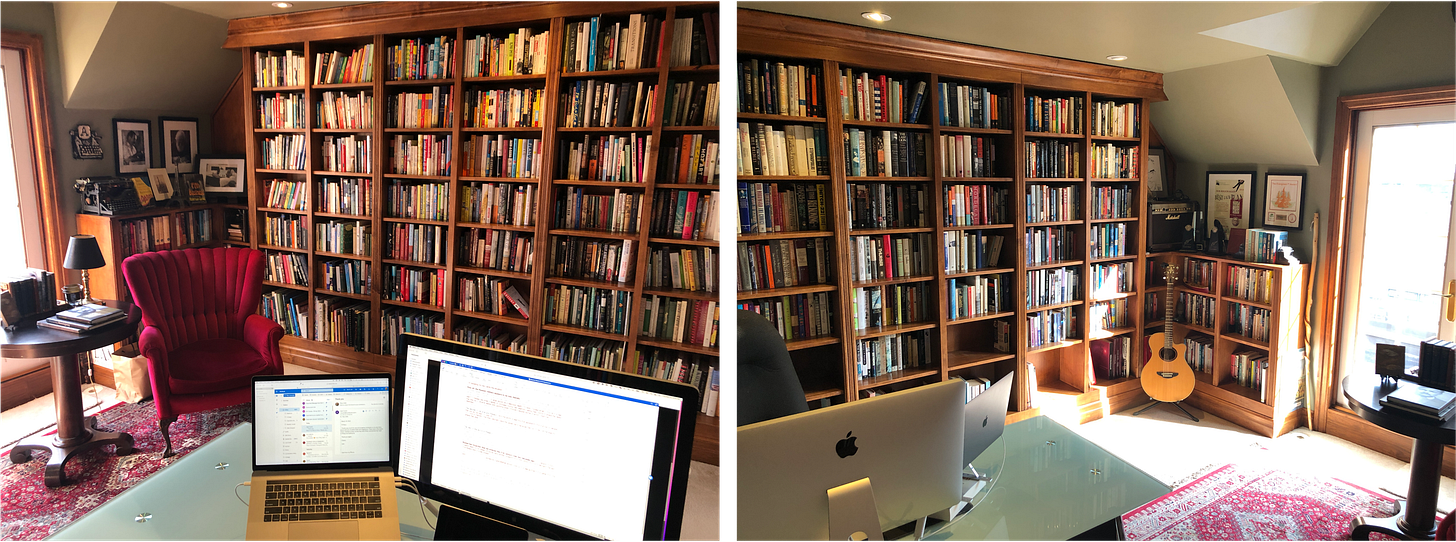
Yeah, but what about the novel?
Right, the novel. Well, it’s tentatively called A New Season, though that could change. Yes I know, it does seem a rather pedestrian title, but it works on a number of levels that may only become clear when you’ve read it. Certainly in my earlier novels, I remember being more focused on making the story funny. This time around, I’ve kind of let the story govern the writing without obsessing as much about the humour. The story has primacy here, though I hope you still find it a funny read. There is a sad premise to this tale that doesn’t always lend itself as easily to laughing out loud. But I think you’ll still smile and laugh throughout the tale (he says hopefully).
So what’s the story about and what are my connections to it? Here, in no particular order, is a quick overview of the issues and ideas I’m exploring in this novel. (As you’ll see, there’s a lot going on in the story but I hope it all comes together in the end.)
Grief and recovery
The story opens about two and a half years after the narrator’s wife of 35 years has died as one of the earliest Covid victims in Toronto. (I know, I know, what an upbeat premise!) Jack McMaster, a freelance writer, is still struggling with his loss (who wouldn’t be?) and is helped along the grieving path by his late twenties son, Will, who moved back home during the pandemic and works as a budding chef while also pursuing his passion for music and audio recording on the side. They have a great relationship. Jack’s late wife, Annie Barnes, was a superstar, high-flying mergers and acquisitions lawyer at a big downtown firm. She was loved and respected by all who knew her. So the novel follows Jack as he navigates this new world without the love of his life.
Aging
This is the first novel I’ve written where my narrator is actually my own age. This likely reflects my inability to comprehend, let alone accept, that I am now 62 years old. I just don’t know how that happened! I do not identify as a 62 year old. In my mind, I’m still in my mid-thirties. So I’m exploring this idea of aging through my narrator, Jack McMaster. Now that I’ve written the manuscript, I’m not sure I’ve yet come to terms with my own age, but I’m getting there.
Male friendship and ball hockey
I don’t think we have very many novels that examine male friendship. Frankly, I’m not sure men are all that good at friendship with other guys, or at least we tend to be less comfortable expressing our feelings with our guy friends. I’m blessed to have many male friends with whom I’m close. In my advancing years, I’ve grown much more comfortable hugging my male friends—not something I did when I was younger. So I wanted to look at this idea of friendship among men. To do this in the story, my narrator plays in what feels like a very special community ball hockey league. You see, sports is one of the vehicles that draws men together (women, too). I grew up playing hockey and it’s interesting to note that guys think nothing of embracing their teammates after scoring a goal, or even slapping them on the butt as part of the on-ice celebrations. These are expressions of elation and camaraderie in the heat of the moment that often don’t happen among men beyond the playing field, or in Jack’s case, the ball hockey rink.
I’ve had first hand experience with this, as for the last 19 years, I’ve played in just such an extraordinary community ball hockey league here in Toronto. I started playing in the league when I was 43 years old and am still going strong—well, I’m still going at least. I was not expecting to discover and develop through this league, a new, close, and important set of friends. But that’s what happened. This experience got me thinking about friendship, and in particular, friendship among men.
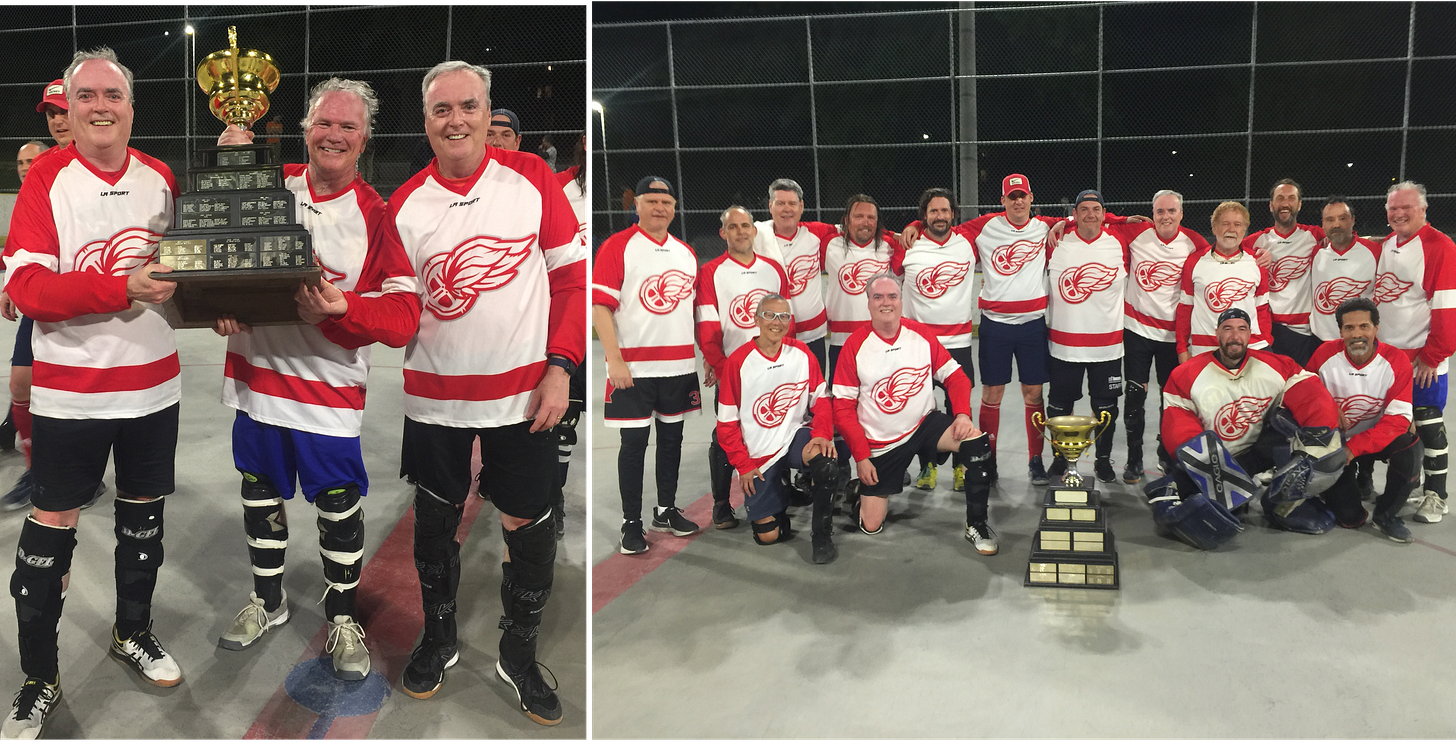
On a related note, readers sometimes ask me how I convinced Jim Cuddy of Blue Rodeo fame to blurb my second novel, The High Road. Well, that’s easy to explain. Jim played in the same league with us and was on my team more than once over the years. During one game back in early 2010, I simply leaned over on the bench and asked if he’d mind having a look at my second novel in the hopes that he’d provide a positive endorsement for the cover of the book—we tend not to use negative comments. He kindly agreed. That’s what teammates do. And that’s the kind of guy Jim Cuddy is.

Music and songwriting
I’ve never written about music and songwriting, though both have played a big part in my life since I was 17 and first picked up a guitar. Usually confined to the privacy and excellent acoustics of our bathroom, I knew early on that making music a career just wasn’t realistic—a view shared by those who have heard me sing over the years. But I loved—and still do—playing guitar and writing songs even if my audience is small—usually just myself.
I did play in a band in university. In fact, our lead singer was none other than Andy Maize, who went on to co-found the great Canadian band, Skydiggers. I’m not sure I’ve ever had more fun than playing in that band all those years ago.
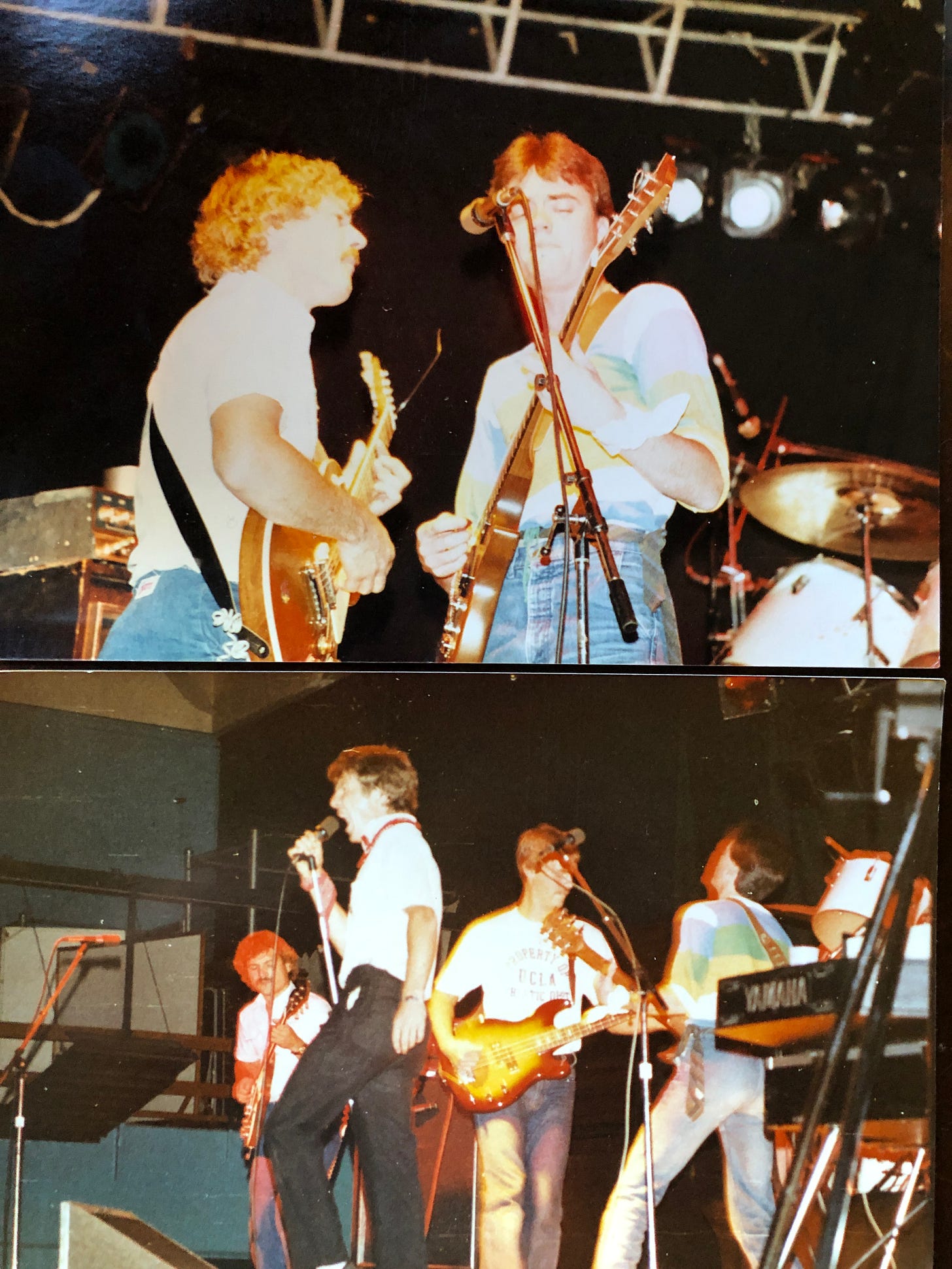
There are two original songs featured in the novel. While the story is fiction, the songs are real. The first, called More than the Game, I wrote about ten years ago as a kind of love song to the aforementioned ball hockey league. Strange topic for a love song, but there you go. When planning this post, I considered sharing a very crude recording of the song just to give you a sense of it. Not sure I’ve made the right call, but anyway, for better or worse—and it may well be for worse—here’s that less than stellar homemade recording of the song. At least you’ll understand why I never considered music to be anything more than a hobby. Thanks to my son Calder who played bass on the track. The guitar, all the vocals, and the occasional timing and levels issues are regrettably all mine. (Be gentle.)
The second song in the novel is called Until the New Year and I wrote it back in late 1981 when I was in love with a fellow student at McMaster University who had just flown home to Nova Scotia for the Christmas break. I missed her and wrote this song one night sitting on my bed in my campus apartment, seeing my own reflection in the window, bordered by the coloured Christmas lights I’d strung up—“…as coloured lights frame my thoughts of you.” Despite the song, more than 40 years later, we’re still together and about to celebrate our 35th wedding anniversary. I have no decent recording of Until the New Year, but we may try to do something about that in the future. In the meantime, here, at least, are the lyrics (under its original title):
1920s Paris
Like me, my narrator, Jack McMaster, is fascinated by the expat writers of the Lost Generation and cultural revolution that erupted in Paris in the 1920s. Like me, Jack has a growing collection of books about the period and its players—Hemingway, Fitzgerald, Morley Callaghan, Gertrude Stein, etc.
But unlike me, Jack has never been to Paris, at least not until about a third of the way into the novel. So a good chunk of the story unfolds in the City of Light as Jack tries to pull himself out of the grief in which he’s wallowed ever since his wife died. Paris helps. He evens finds a group of Canadian expats who play a weekly ball hockey game in a school parking lot on Rue Descartes.
I love Paris, as does my wife, and we visit every couple of years, staying in the Latin Quarter. We’ll be back in a couple of months for our first visit since the start of the pandemic. I can hardly wait.

Love?
Yes, there is also a love story unfolding in the novel. In fact, there’s more than one love story. Yes, without meaning to, or wanting to, or planning to, Jack actually meets someone in Paris—nuff said. There’s also a much older love story—from the 1920s—revealed in a secret diary Jack helps discover. It’s the story of a young and strong-willed 18 year old English woman and aspiring poet named Constance Stanley. She escapes the strictures of her upper class family life and moves to Paris for a summer, but ends up staying for much of the rest of her life. She kept a diary in leather bound notebooks of the decade she spent amidst the Lost Generation of writers and artists in the 1920s, including a secret volume chronicling a brief and tumultuous affair with a famous figure of that era. All of this plays into the story.
So now you know what I meant when I wrote above that there’s a lot going on in this novel. I’m sure it sounds disjointed, even chaotic but I hope it all comes together in a satisfying, funny, and heartfelt story.
For those of you interested in hearing more about the Withrow Park Ball Hockey League I’ve played in since 2003, here’s a documentary produced by Karen Robbins, whose husband played in the league with us for many years. I think it captures what’s so special about it. The doc features a number of players including Jim Cuddy, musician and former MP, Andrew Cash, and yours truly. Later in the documentary, the soundtrack includes my song, More Than the Game.
Late breaking…
Just as I was finishing up this post, my editor, Joe Lee, sent me his Editorial Notes on my manuscript (big picture comments at this stage, not line by line—that comes later). I’m always a bit nervous at this stage, but I clicked on the PDF attachment and started reading his editorial notes…
Relief. All is well. I think Joe has made some very insightful and thoughtful comments about the story. As I said in my email back to him, I found myself nodding in agreement as I read through his great note. He did a wonderful job identifying areas where he thought I could do more with a scene or a relationship. And I agree. So I’ll be back at the manuscript starting tomorrow to work through his notes and try to incorporate his observations and suggestions. But we seem to be on the right path. Phew!
I’ll keep you updated as we continue down the publishing path. That’s it for this week. Stay tuned for another instalment in a week’s time. Do subscribe if you haven’t already. Many thanks.


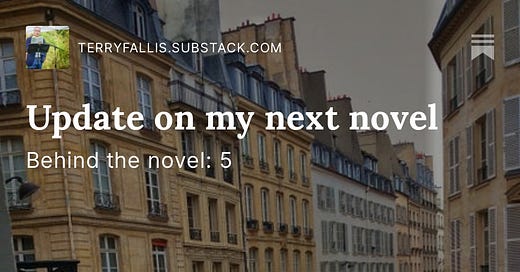




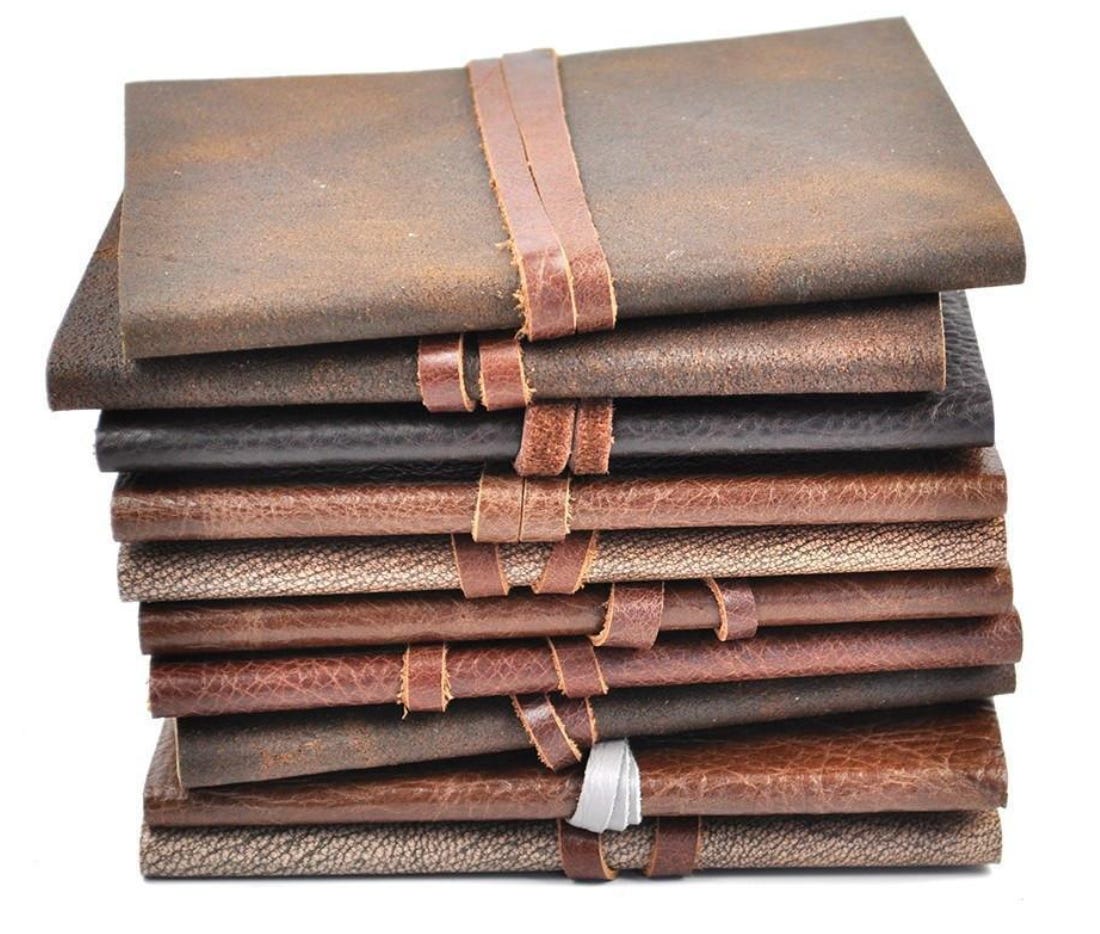
Really enjoyed the post and excited about the upcoming novel and envious of your writing room. Looks like a great space to dream and create!
Love those angsty Christmas lyrics. I definitely think we need a remix. ❤️ Aging rock star
stories are the best kind of nostalgia!